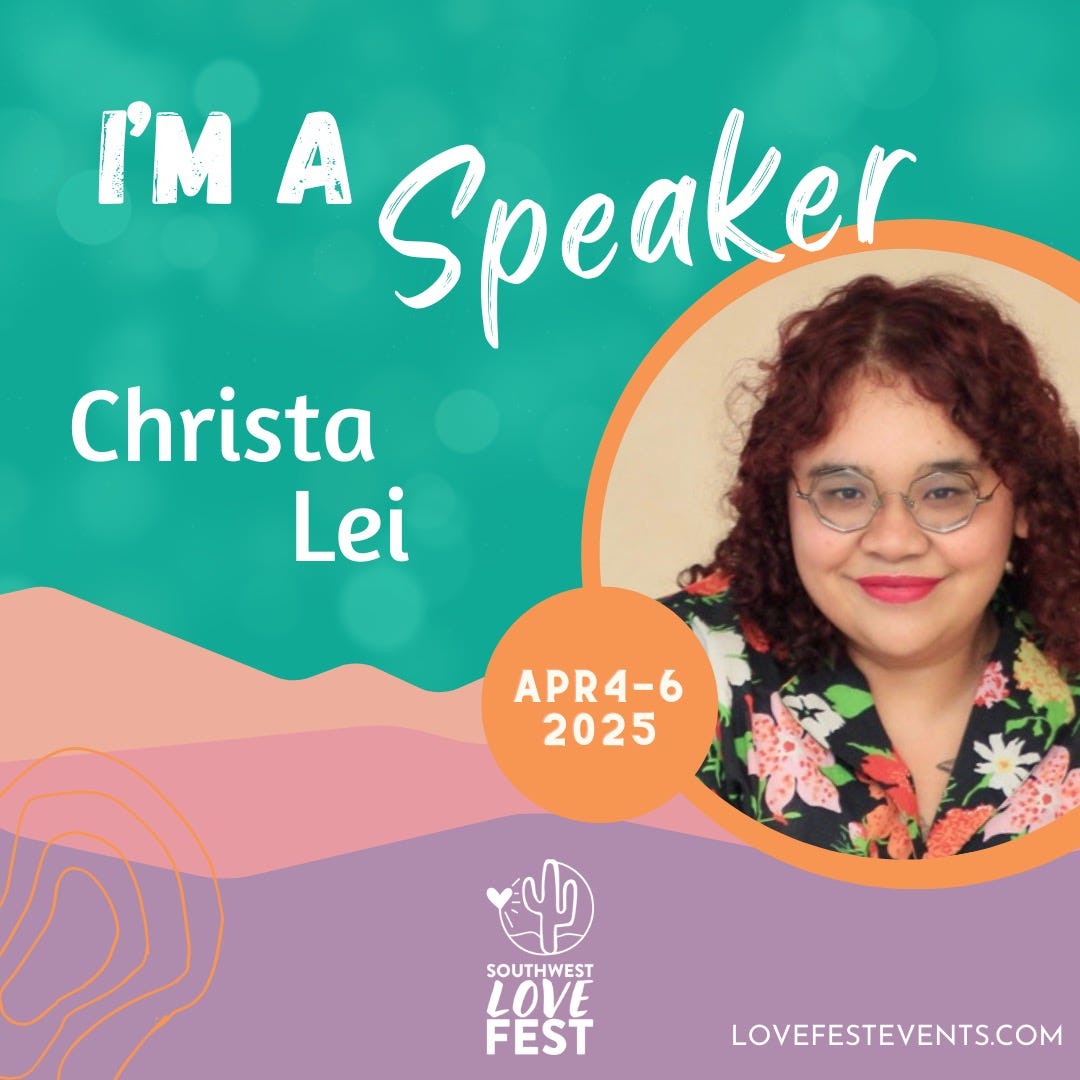Fighting to Win, or Fighting to Survive?
The last fight I had with my ex wasn’t our worst, but it was the one that finally broke something. After this fight, we resolved to cut each other off.
After almost a year of not speaking, it started off with what I recall to be a plea for accountability. I don’t remember what happened in between because I was too caught up in watching my ex turn into someone I no longer recognised. (Or perhaps the incompatibility that lingered there all along showed its ugly head) What I do remember is how it ended: Not with mutual understanding or repair, but both of us retreating into our own corners, chests heaving like boxers waiting for the next round.
I wanted to be heard. They wanted to be right. The argument dissolved into technicalities, whether or not I had said something exactly the way they remembered, whether my frustration was justified by the rules of the fight we were having. Later, a friend told me, “That’s what kids do when they don’t want to get in trouble.” Clutching onto loopholes, dodging accountability, playing lawyer instead of actually listening.
I hated how much that rang true.
But it wasn’t just them. It was both of us. Neither of us knew how to fight without feeling like we were fighting for something. Perhaps it was about our dignity, our survival, proof that we weren’t the villain in the story of our relationship. I think about that fight now and wonder if either of us even knew what we were trying to protect.
There is a reason conflict feels like life or death.
Because sometimes, it is.
We live in a country where everything is designed to pit us against one another. Every system, every law, every unwritten rule of engagement tells us: protect yourself at all costs. Fight to be seen. Fight to be heard. Fight, or be erased.
We see it in the world around us under this administration, in every government that has made it clear that some of us are not meant to survive. That disabled, trans, Black, brown, fat, and any other marginalized bodies are disposable. We are burdens. Our existence is a glitch in the system, one that lawmakers, policies, cops and doctors will keep trying to erase.
No wonder we are always bracing for the next hit.
No wonder so many of us, especially those of us with trauma, those of us who have learned that safety is a privilege, not a guarantee, fight the people we love like we’re fighting the whole world. Because sometimes it feels like we are.
But if the world is built on extraction and disposability, I want to believe our relationships don’t have to be.
So learn with me:

At Southwest Love Fest, I will be leading two sessions about the ways we show up for each other, and where we fail.
1) Making Relational Spaces Actually Accessible
I am disabled. Most spaces aren’t made for me. Dating events, queer socials, even the community spaces that claim to center care— so many of them are exhausting, overstimulating, or flat-out inaccessible. This session is about how we can do better. How we can use principles of disability justice to create spaces that hold all of us, not just the most resourced, the most able-bodied, the most charismatic in the room. If you’ve ever left a space feeling like you had to shrink yourself to fit, this conversation is for you.
2) Conflict, Accountability, and Breaking Old Patterns
Fighting isn’t inherently bad. But if we always fight against others instead of fighting toward something, we will never get free.
This workshop is about that difference. About moving through conflict without letting our trauma lead the way. About breaking the cycles that tell us love is a zero-sum game, where one person wins and one person loses. This is for anyone who has ever found themselves saying, why does this keep happening? and actually wanting an answer.
If the world wants to convince us that survival is a solo act, then I want to practice something else. I want to practice what it means to stand together, even when it’s hard. I want to practice interdependence.
We are taught that conflict is something to avoid, something ugly, something that means we’ve failed. But what if conflict could be something else? What if it could be a doorway? A way to get closer, instead of further apart?
Both of my talks at Southwest Love Fest are about how we build relationships that can actually hold us—not the sanitized, conflict-free versions of us, but the real, messy, complicated truth of who we are. One session is about how to make relational spaces more accessible, so no one has to fight just to be included. The other is about conflict and accountability: how to unlearn the idea that fighting means one person wins and the other loses.
We fight because we care. We fight because we want to be understood. What if we learned to fight in a way that actually moved us toward each other?
I hope you’ll join me.
With love from your friend,
C x




